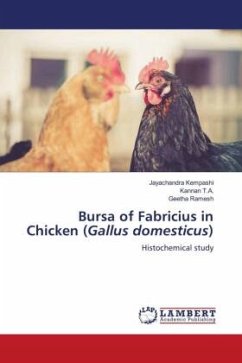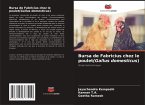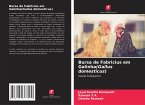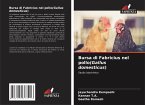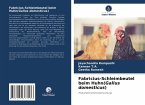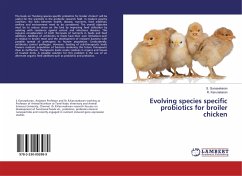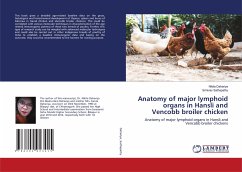Commercial production of broiler and layer flock is dependent on the immunological status of the birds. Genetically determined immunocompetence and environmental factors are responsible for varying susceptibility or resistance to infectious diseases of chicken. The chicken is a foundational model for immunological research and continues to be a valuable animal model for insights into immune function. In particular, the development of B cells in this unique organ, the bursa of Fabricius, has provided a novel opportunity to study B cell development. Little is known about the age-related immunocompetence in commercially raised broiler chickens with their individual management programs and specific immunization protocols. Therefore, understanding the age-related immunocompetence by evaluating T and B lymphocyte population in apparently healthy commercially raised chicken is of direct relevance to develop breeding strategies as well as promoting health measures of the flock.
Bitte wählen Sie Ihr Anliegen aus.
Rechnungen
Retourenschein anfordern
Bestellstatus
Storno

